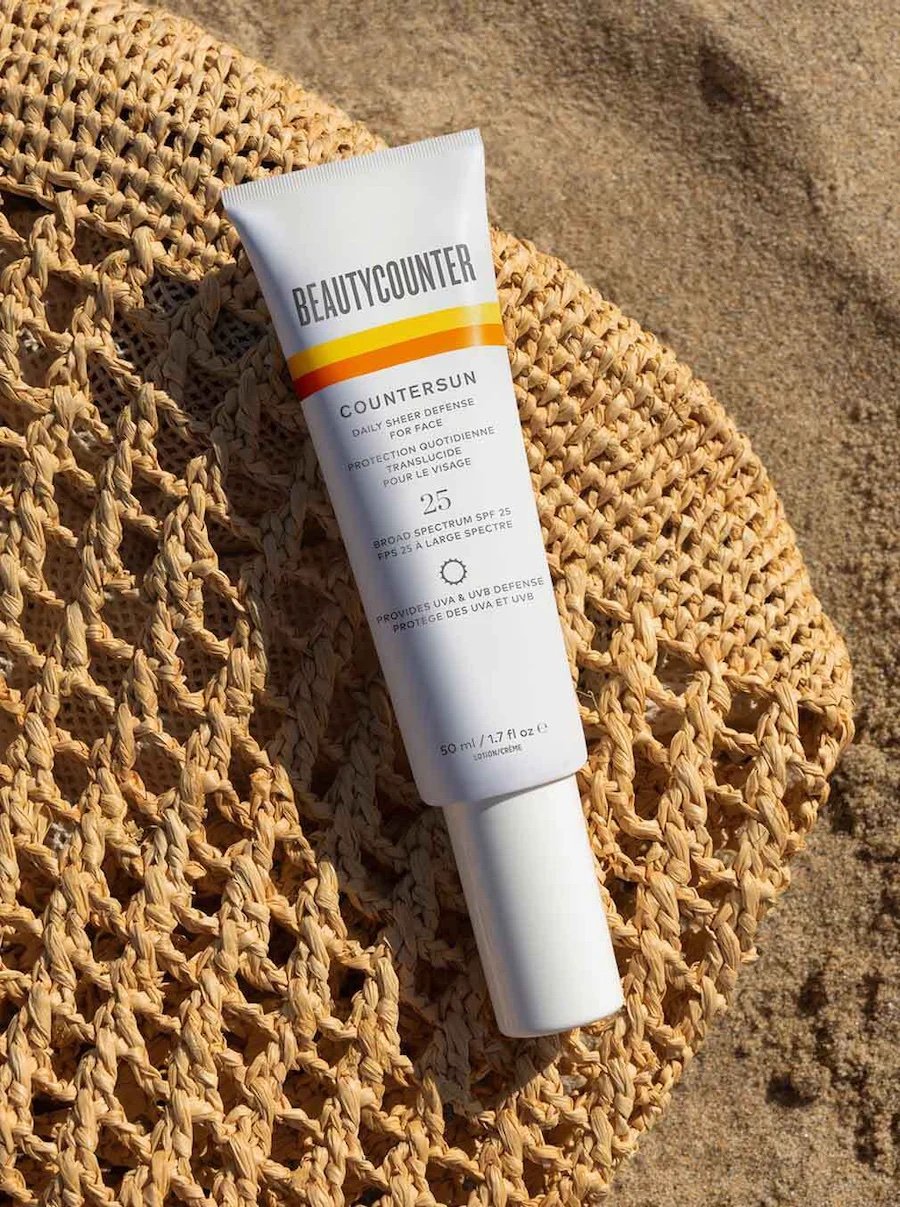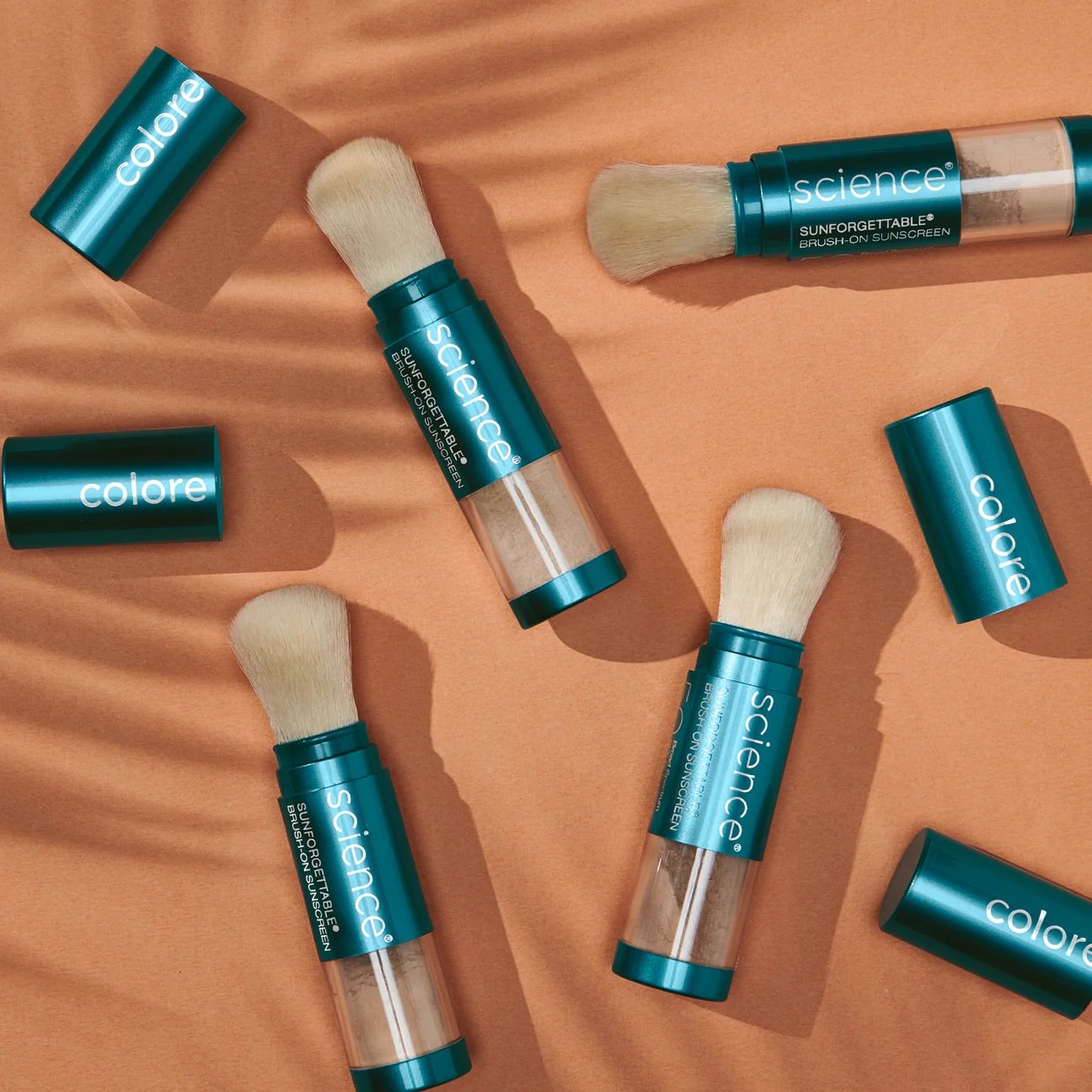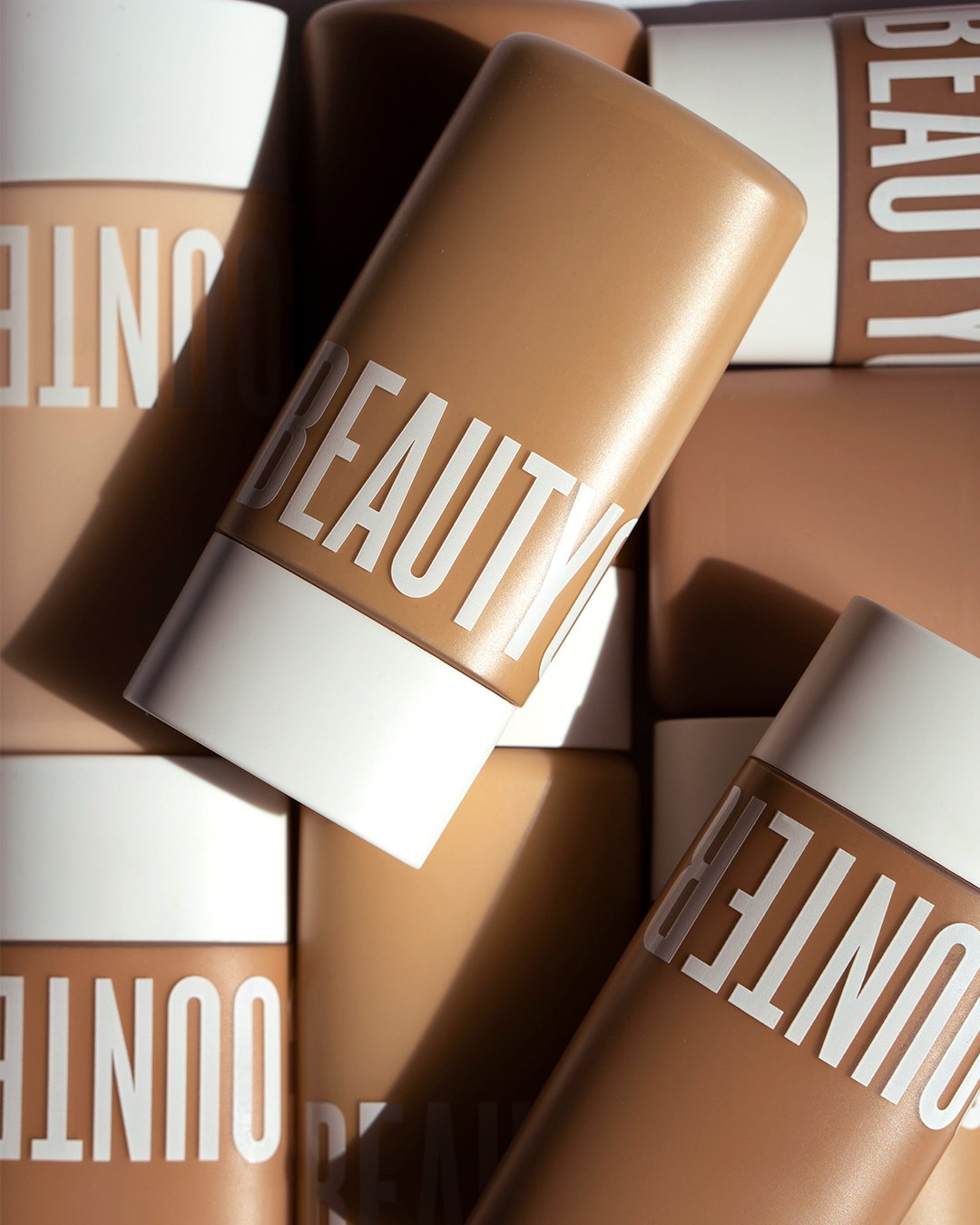5 Reasons Why Mineral Sunscreen Is Better Than Chemical Sunscreen
sunscreen 101
My healthy attitude about choosing sunscreen that is safe, effective and better for the environment!
With the summer sun shining brightly upon us, staying protected from harmful UV rays is more crucial than ever. Sunscreen is a vital component of our skincare routine, but not all sunscreens are created equal. Among the choices available, mineral sunscreens stand out as a natural and effective alternative to chemical sunscreens. In this blog post, we will explore five compelling reasons why mineral sunscreen is the superior choice for safeguarding your skin and the environment.
1. Safe and Gentle on the Skin:
Mineral sunscreens, also known as physical sunscreens, contain natural minerals like zinc oxide and titanium dioxide as their active ingredients. These minerals work by sitting on top of the skin and creating a protective barrier that reflects harmful UVA and UVB rays away from the skin. Chemical sunscreens, on the other hand, absorb the sun's rays and can sometimes lead to skin irritation, especially for those with sensitive skin. Mineral sunscreens are gentle and suitable for all skin types, including babies and those with eczema or other skin conditions.
Some chemical sunscreens contain active ingredients that have the potential to act as endocrine disruptors. Endocrine disruptors are chemicals that can interfere with the endocrine system, which is responsible for producing hormones that regulate various bodily functions. These disruptors can mimic hormones or block hormone receptors, leading to hormonal imbalances.
One of the common chemical sunscreen ingredients known to have endocrine-disrupting properties is oxybenzone (also known as benzophenone-3). Oxybenzone is used in many chemical sunscreens as an effective UV filter. However, research has shown that oxybenzone can be absorbed through the skin and has been detected in human tissues, including blood and urine.
Several studies have raised concerns about the potential adverse effects of oxybenzone on hormone function. It has been linked to disruptions in thyroid hormone levels, which can affect metabolism, growth, and development. Additionally, some studies have suggested a possible link between oxybenzone exposure and altered sex hormone levels.
It's essential to note that the level of risk associated with endocrine disruptors in sunscreens is a subject of ongoing research, and not all studies agree on the extent of the potential harm. Regulatory agencies like the U.S. Food and Drug Administration (FDA) and the European Commission are continuously evaluating the safety of sunscreen ingredients, including oxybenzone.
2. Broad Spectrum Protection:
One of the key advantages of mineral sunscreen is its ability to provide broad-spectrum protection. This means it shields the skin from both UVA and UVB rays. UVA rays can prematurely age the skin and contribute to skin cancer, while UVB rays cause sunburn. Mineral sunscreens offer balanced protection against both, ensuring your skin stays safe from the sun's harmful effects.
3. Environmentally Friendly:
Choosing mineral sunscreen is not just good for your skin; it's also great for the environment. Chemical sunscreens often contain synthetic compounds like oxybenzone and octinoxate, which can be harmful to marine life, particularly coral reefs. Studies have shown that these chemicals contribute to coral bleaching and disrupt the growth and reproduction of coral reefs. By opting for mineral sunscreens, you can help protect fragile marine ecosystems and preserve our oceans.
4. Immediate Effectiveness:
Mineral sunscreens start working as soon as they are applied to the skin. There's no waiting period like with chemical sunscreens, which require about 20 minutes to be absorbed into the skin before they become effective. When you need quick and reliable protection, mineral sunscreen is the way to go, especially during those impromptu beach trips or outdoor activities.
5. Longer Shelf Life:
Chemical sunscreens have a limited shelf life, and their effectiveness can diminish over time. This is because the active ingredients in chemical sunscreens can degrade when exposed to sunlight. Mineral sunscreens, however, have a longer shelf life and remain stable for a more extended period. This means you can confidently use last year's mineral sunscreen without worrying about its efficacy.
As you gear up for the sunny days ahead, make a conscious choice to protect yourself and the environment with mineral sunscreen. Its gentle formulation, broad-spectrum protection, and immediate effectiveness make it a superior alternative to chemical sunscreens. By embracing mineral sunscreen, you not only shield your skin from harmful UV rays but also contribute to the preservation of our delicate ecosystems. So, grab your mineral sunscreen, head outdoors, and enjoy the sunshine responsibly! Need some recommendations? Here are 3 of my favorites:



You can shop these featured products by clicking on the images above or click on the button below to see my curated safer sunscreen choices from Beautycounter.

